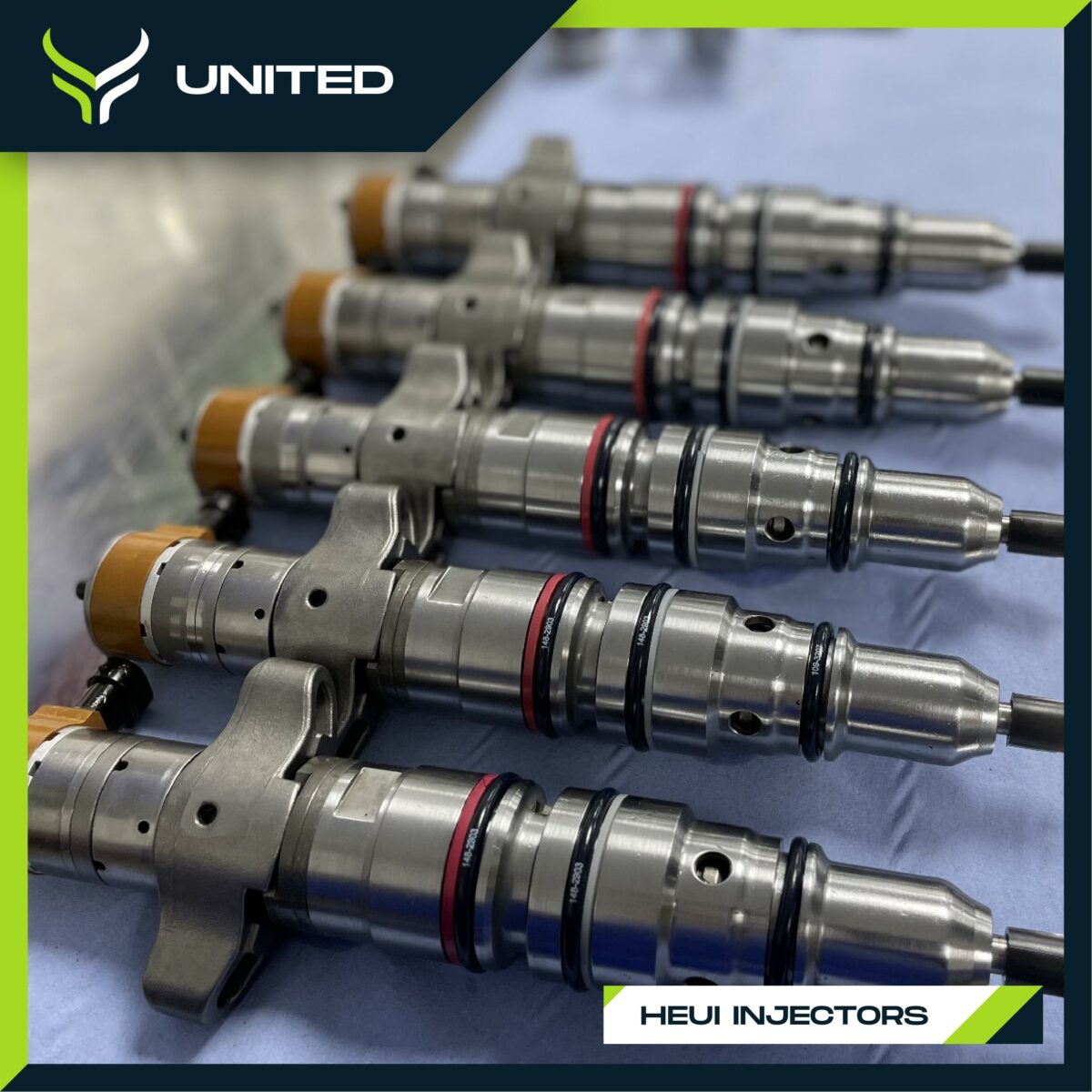At United, we’ve seen many failures in diesel pumps and injectors and often, the problems can be attributed to the quality of fuel that has been used in the first place.
Although cheaper than more premium options when you go to fuel your machine, lower quality fuel could end up being more expensive, causing more damage in the long run. When components are replaced to repair this issue, you need to make sure the same contaminated parts aren’t fitted – or else you’ll find that they’ll fail again quite quickly.
Some of the problems that poor quality diesel could create are water ingress and contamination (both corrosion and chemical).
Testing Diesel
Since we teamed up with a trustworthy laboratory, we’ve found there are sometimes external substances that have been added to diesel. This often explains why pumps and injectors have previously failed. These include heating oil, paraffin, cooking oils and even petrol.
What this enables us to do is produce a report for you, your customer, or your insurance company. This report will provide proof of what has caused your failure and whether it conformed to EU fuel standards (EN590). Here are some of the factors that we look for when analysing diesel:
- Appearance
- Viscosity
- Contamination Clements
- Dissolved water
- Free water
- ISO 4406 cleanliness
- Total contamination and sediment
- Fame/biodiesel
- Sulphur content
For an extra cost, we can go into even further detail with our analysis and conduct a more thorough test of your diesel. These are the issues that we’ll look for:
- Flash point
- Petrol in diesel
- Cold filter plugging point
- Microbe culture
- Ferrous PPM
- AdBlue/coolant
Oil Testing
If your engine is faltering, your fuel may not solely be to blame. In fact, the problem may lie with your oil. Known as the “blood” of the engine, oil analysis can tell us a lot about how well the engine is running, detecting faults such as leaks, intake and filter issues and worn rings. When we test your oil, we’ll look at:
- Viscosity at 40C
- Additive elements
- Contamination elements
- Standard ICP wear elements
- Oxidation, nitration at sulphation
- Anti-freeze/glycol percentage
- Soot percentage
- Diesel fuel dilution percentage
- Dissolver water PPM
- Free water percentage
If you wish to have a complete test of your oil, then we can also look at:
- Viscosity at 100C/Viscosity index/Ferrous PPM
- Sulphated ash (SAPS /Initial PH/Acid number)
- Oron type (wear vs corrosion)
- Biodiesel dilution
Our team at United are full of expertise when it comes to diesel engines, offering extensive services to help you get the most out of your engine. If you’re currently having any issues with your vehicle, get in contact with our team to see how we can help.
